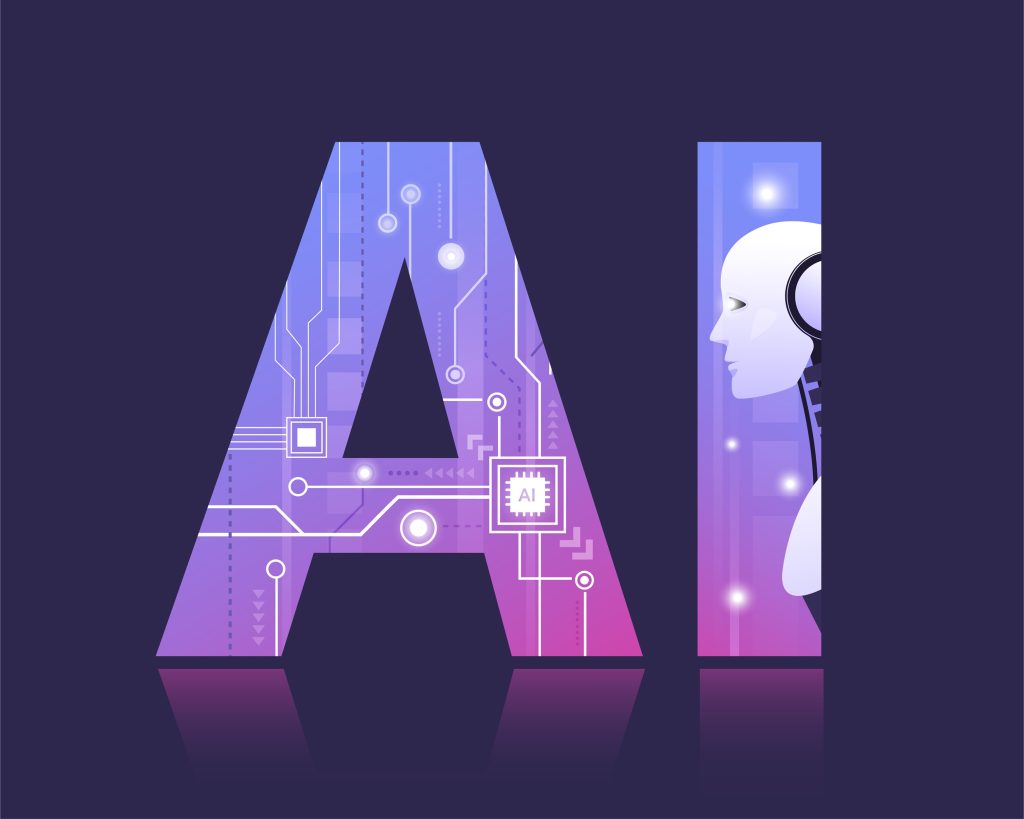
Course Overview
This 32-week curriculum equips students with both foundational and advanced knowledge in artificial intelligence. The program covers machine learning, deep learning, data analytics, model development, and AI applications, with hands-on experience in AI tools and Python programming. Graduates will be prepared for careers in AI development, data analytics, automation, and AI consulting, ready to implement AI solutions across various industries.
What You Will Learn
- MACHINE LEARNING & DEEP LEARNING BASICS
- DATA MINING & BIG DATA ANALYTICS
- NEURAL NETWORKS & MODEL DEVELOPMENT
- PYTHON FOR AI APPLICATIONS
- CLOUD COMPUTING & SERVICES
- AI-DRIVEN PROJECT MANAGEMENT
- Program Type: Diploma
- Campus: Malton-Mississauga
- Start Dates: Multiple Start Dates
- Program Mode: Online
- Financial Aid Available
Admission Requirements
- High School Diploma or equivalent
- Mature student (18 years or older)
- Proficiency in English language
- Wonderlic Scholastic Level Exam
Future Career Options
- Artificial Intelligence (Al) Analyst
- Artificial Intelligence (Al) Consultant
- Artificial Intelligence (Al) Designer
- Machine Learning Assistant
- Data analyst
- AI Technician
- AI Data Annotator
Learn AI tools like Python, cloud ML platforms & neural networks. Gain hands-on experience in data mining, big data analytics & deploying AI models.


Graduate with a professional edge. Gain hands-on experience, build a standout portfolio, and earn certifications that open doors in today’s competitive tech job market.
program courses
As applied mathematics is the foundation of machine learning and deep learning, students need to understand the basics of this underlying concept to learn machine learning. In this course, students learn the basics of machine learning-related concepts in linear algebra, probability, and statistics. Students study these topics in the context of machine learning and deep learning and learn how to utilize them for analysing and developing machine learning applications.
As applied mathematics is the foundation of machine learning and deep learning, students need to understand the basics of this underlying concept to learn machine learning. In this course, students learn the basics of machine learning-related concepts in linear algebra, probability, and statistics. Students study these topics in the context of machine learning and deep learning and learn how to utilize them for analysing and developing machine learning applications.
In this course, students learn key machine learning algorithms and understand the characteristics, challenges, and implications of deep learning applications. Students begin learning the fundamentals of machine learning and explore discriminant models such as linear discriminant, regression algorithms, and support vector machines. Finally, students learn to build, train and implement fully connected neural networks and demonstrate your knowledge by applying practical machine learning and deep learning models.
This course introduces the basic concepts of artificial intelligence, its related fields, and its application. The laboratory section provides students with hands-on practice and the opportunity to apply their knowledge to real Al challenges.
Data Mining is a powerful tool used to discover patterns and relationships in data. The student learns to apply the principles of data mining in the analysis of large complex data sets, including in very large databases or through internet mining. Students also study, analyse, and use data and transform it into valuable and useful information for the organization.
Cyber law, data governance and ethical considerations are central to AI programs in Canada. Cyber law defines how Al technologies interact with data, including privacy, data security and intellectual property rules. Data governance ensures that AI systems manage, store, and use data responsibly in accordance with laws such as the Personal Information and Electronic Records Protection Act (PIPEDA). Canada’s ethical guidelines emphasize fairness, transparency and accountability in the ™™development and deployment of artificial intelligence to mitigate bias and support societal values. Together, these frameworks support Canada’s approach to fostering Al innovation while protecting individual rights and promoting the ethical use of technology.
The student will learn the basic concepts and basics of cloud computing and the use of cloud platforms for Al-based applications. Students will work on configuring, networking, and supporting cloud computing platforms and storage that can meet the needs of today’s businesses in Al applications. Students will also learn about security and how to build and train machine learning models in the cloud and integrate them into real-world applications.
The first half of this course provides an overview of project management principles and methodologies and prepares students to manage large- and small-scale projects using Agile project management tools and techniques. Students learn the hard skills of managing project cost, time, scope, quality and risks, and the soft skills needed for long-term success. In the second half of this course students are introduced to principles of ethics related to work on Al projects and the concerns and standards of security that need to be addressed in any Al application.
This course introduces the fundamental concepts of Python programming. The theory section includes an introduction to python and its functions, primitive data types, modules, functions, loops, and conditionals. The purpose of the laboratory component is to give students the opportunity to work on a variety of practical problems that Canadian businesses and industries must solve every day.
